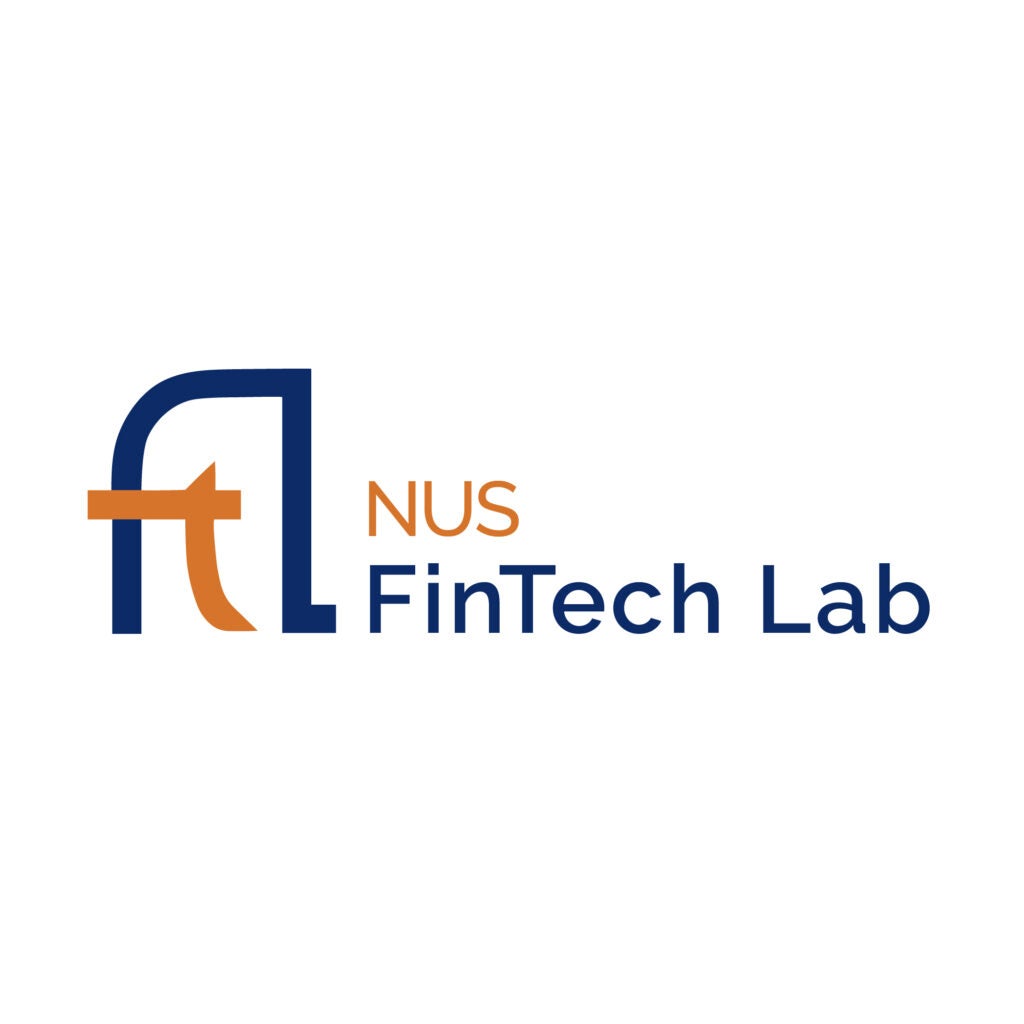The launch of ChatGPT has taken the world by storm, reaching a hundred million users a mere two months after its launch. In the process, it has kick-started a conversation on the future of generative AI and the impacts it will have on us humans, while also setting off an arms race among both big tech companies determined not to be left behind and investors trying to get in on what they see as the next wave of the A.I boom.
For all the flaws of ChatGPT, the product has, in a short span, become a household name and vaulted OpenAI onto the Silicon Valley leaderboard of movers and shakers.
As companies, and even governments, find ways to incorporate ChatGPT into their existing workflow processes and teachers scramble to detect and prevent student use of ChatGPT, are there any broader lessons that Fintech companies can take away from the launch of AI chatbots?
Not only are there many new startups in the Fintech space, one ripe with many new ideas and innovations, many companies in the space are also, specifically, trying to incorporate ChatGPT and generative AI into their products. For these companies, the launch of ChatGPT and other chatbots might be a useful case study that illuminates the decisions companies need to make in the product development process, allowing them to draw lessons that are also applicable to the Fintech industry.
In reporting by The New York Times on the origins of the product and the key decisions made at OpenAI — the AI laboratory behind ChatGPT — a number of revelations were made. Chief among them was not just the decision made by executives to dust off and release a product based on an older A.I model even when engineers had been working on the finishing touches on a newer and better A.I model, but also the fact that the updated chatbot based on GPT-3 instead of GPT-4 was ready a mere 13 days after employees were instructed to make it happen.

